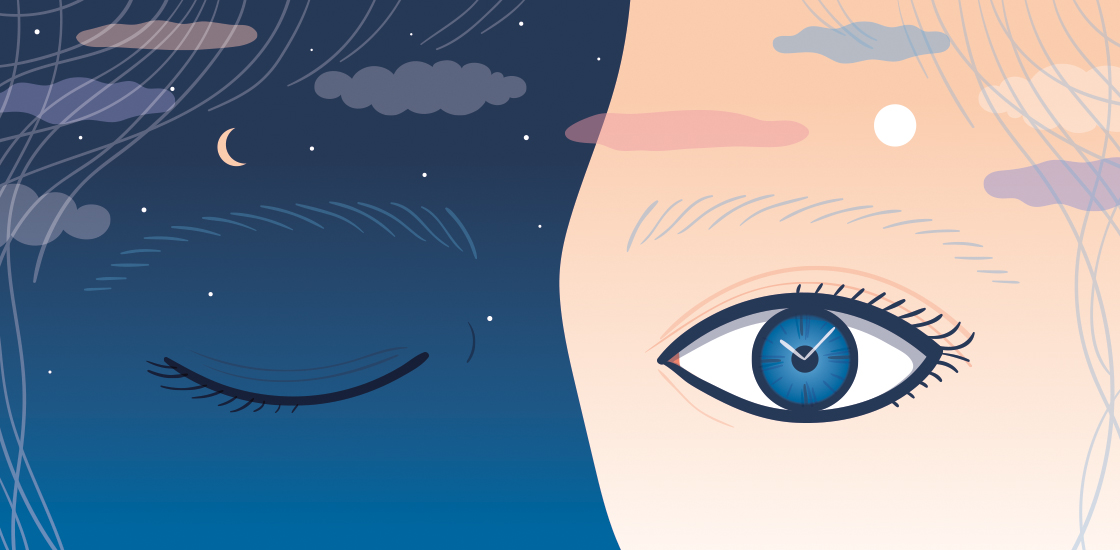Veronique Greenwood
Contributing Editor
Spectrum
From this contributor
Autism may disrupt the body’s circadian clock
Sleep problems in autism may stem from the same biological changes that underlie the core features of the condition.

Autism may disrupt the body’s circadian clock
Automated tool records behavior of autism mouse models
A new tracking system automatically logs and scores mouse behavior as well as a human observer does, according to a paper published 31 December 2013 in Journal of Neuroscience Methods.

Automated tool records behavior of autism mouse models
Clinical research: Low thyroid in pregnancy linked to autism
Low levels of a thyroid hormone during pregnancy raise the risk of autism-like symptoms in the child by fourfold, according to a study published 13 August in Annals of Neurology.

Clinical research: Low thyroid in pregnancy linked to autism
Molecular mechanisms: Timothy syndrome neurons defective
Neurons from people with Timothy syndrome, and from mouse and rat models of the disorder, have defects in the growth of their branches, according to a study published 13 January in Nature Neuroscience.

Molecular mechanisms: Timothy syndrome neurons defective
Cognition and behavior: Attention early indicator of autism
Infants who are later diagnosed with autism are less attentive to the presence of a person onscreen at 6 months of age than their typically developing peers are, according to a study published 14 January in Biological Psychiatry.

Cognition and behavior: Attention early indicator of autism
Explore more from The Transmitter
Two neurobiologists win 2026 Brain Prize for discovering mechanics of touch
Research by Patrik Ernfors and David Ginty has delineated the diverse cell types of the somatosensory system and revealed how they detect and discriminate among different types of tactile information.

Two neurobiologists win 2026 Brain Prize for discovering mechanics of touch
Research by Patrik Ernfors and David Ginty has delineated the diverse cell types of the somatosensory system and revealed how they detect and discriminate among different types of tactile information.
Shifting neural code powers speech comprehension
Dynamic coding helps explain how the brain processes multiple features of speech—from the smallest units of sounds to full sentences—simultaneously.

Shifting neural code powers speech comprehension
Dynamic coding helps explain how the brain processes multiple features of speech—from the smallest units of sounds to full sentences—simultaneously.
Astrocytes orchestrate oxytocin’s social effects in mice
The cells amplify oxytocin—and may be responsible for sex differences in social behavior, two preprints find.

Astrocytes orchestrate oxytocin’s social effects in mice
The cells amplify oxytocin—and may be responsible for sex differences in social behavior, two preprints find.